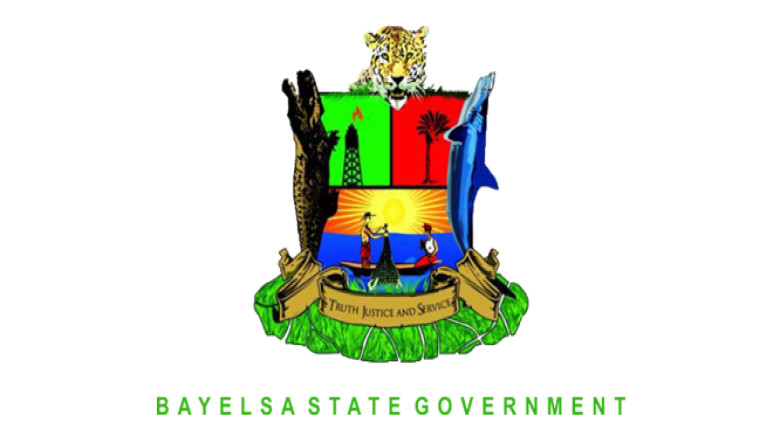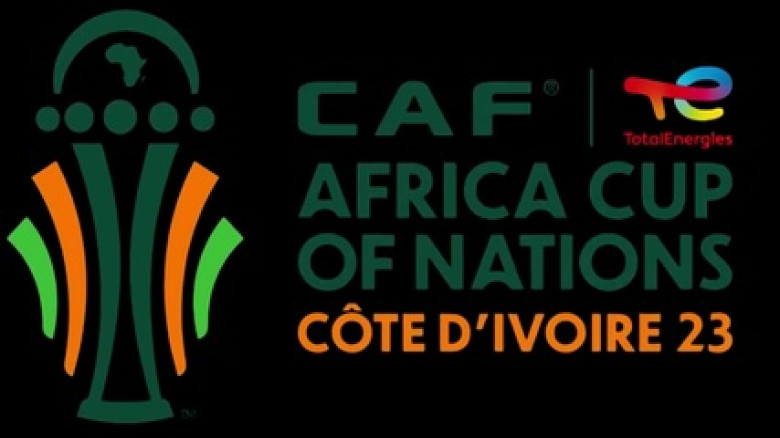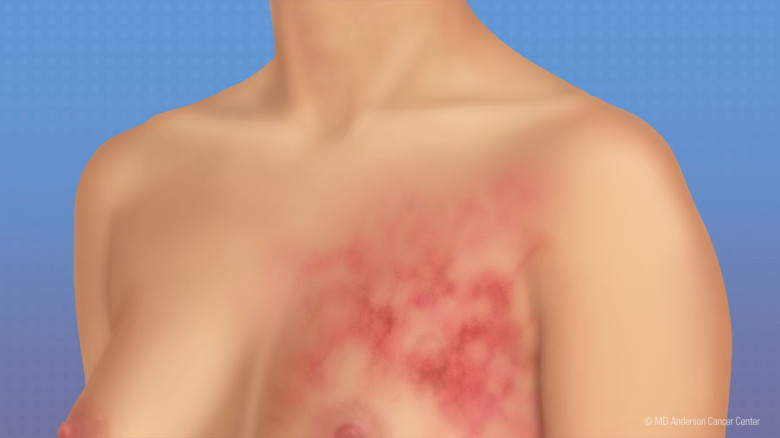Transforming Breast Cancer Detection in Sub-Saharan Africa: The Role of AI
Breast cancer is a pervasive global health concern, and its impact is particularly significant in sub-Saharan Africa, with Nigeria being one of the most affected countries.
The statistics surrounding breast cancer in sub-Saharan Africa are deeply concerning. A closer look at Nigeria, the continent's most populous nation, reveals a troubling surge in breast cancer cases over the last decade. It now stands as the leading cause of cancer-related deaths among women in Nigeria.
Annually, Nigeria witnesses approximately 27,000 new breast cancer diagnoses, with a staggering mortality rate exceeding 40%. This grim reality translates to over 10,000 Nigerian women succumbing to breast cancer each year. These numbers underscore the urgent necessity for effective breast cancer prevention, early detection, and treatment strategies in the country.
Challenges in Early Detection
One of the primary challenges in sub-Saharan Africa's battle against breast cancer is late-stage diagnosis. Patients often seek medical attention when the disease has advanced considerably, limiting treatment options, and reducing the likelihood of positive outcomes. This delay is attributed to several factors:
Limited Healthcare Infrastructure: Many sub-Saharan African countries grapple with inadequate healthcare infrastructure, marked by a shortage of medical facilities and trained professionals.
Low Awareness: Breast cancer awareness campaigns in this region are insufficient, resulting in a dearth of knowledge regarding the importance of early detection and screening.
Stigma and Fear: Cultural beliefs and the stigma attached to breast cancer can deter women from seeking medical assistance until symptoms become severe.
AI as a Game-Changer
In recent years, Artificial Intelligence (AI) has emerged as a potent tool in the battle against breast cancer. Here's how AI can make a difference:
Early Detection: One of the most promising applications of AI in breast cancer detection is its ability to enhance self-examination. AI algorithms meticulously analyze mammograms, identifying subtle abnormalities often missed by human radiologists. Moreover, innovative solutions are on the horizon, with a particular focus on empowering women in Africa to take control of their breast health.
Cybermate Technologies Limited, the company I work for, is actively developing a mobile solution that will be freely available to African women. Through this mobile application, women can use their smartphones to perform self-examinations, detecting potential lumps or irregularities in their breasts. This ground-breaking initiative aims to empower women with a powerful tool for early diagnosis.
This mobile solution not only provides a means for women to monitor their breast health conveniently but also leverages AI to provide real-time feedback and guidance during self-examinations. By combining the accessibility of mobile technology with the precision of AI, we aspire to significantly contribute to early breast cancer detection in sub-Saharan Africa, where timely diagnosis is often hampered by various challenges.
The potential impact of such an accessible and user-friendly tool cannot be overstated. By putting the power of AI-driven breast health monitoring into the hands of African women, we aim to break down barriers to early detection, reduce breast cancer mortality rates, and ultimately improve the lives of countless individuals in the region.
As we work diligently to bring this innovative mobile solution to fruition, we are committed to addressing the specific needs and sensitivities of the communities we aim to serve. It is our belief that empowering women with technology and knowledge is a vital step toward transforming breast cancer care in sub-Saharan Africa.
Personalized Treatment: These algorithms process vast patient data, including genetic information and tumour characteristics, to create tailored treatment plans, optimizing therapy effectiveness for each patient.
Telemedicine: AI-powered telemedicine platforms break down geographical barriers, offering remote consultations with healthcare professionals and enhancing healthcare accessibility.
Success Stories
Sub-Saharan Africa is already witnessing promising initiatives harnessing AI for breast cancer detection. Mobile applications equipped with AI guidance empower women to self-examine for breast irregularities, while AI-driven breast cancer screening clinics are emerging in underserved areas, providing vital early detection services.
Challenges and Future Prospects
While AI holds vast potential, it must grapple with implementation challenges. These include infrastructure development, healthcare professional training, and addressing privacy concerns related to health data.
In the foreseeable future, AI is poised to play an even more substantial role in breast cancer prevention and management across sub-Saharan Africa. Continued investments in technology and healthcare infrastructure, combined with comprehensive awareness campaigns, offer hope for a substantial reduction in breast cancer-related mortality rates in the region.
Conclusion
Breast cancer presents a formidable challenge, especially in sub-Saharan Africa. However, AI offers a ray of hope, bringing early detection, risk assessment, and improved healthcare access closer to reality. As we move forward, the key lies in uniting technological advancements with comprehensive approaches encompassing education, awareness, and infrastructure development. Together, we can create a brighter, healthier future for women in sub-Saharan Africa and beyond.

























Leave A Comment